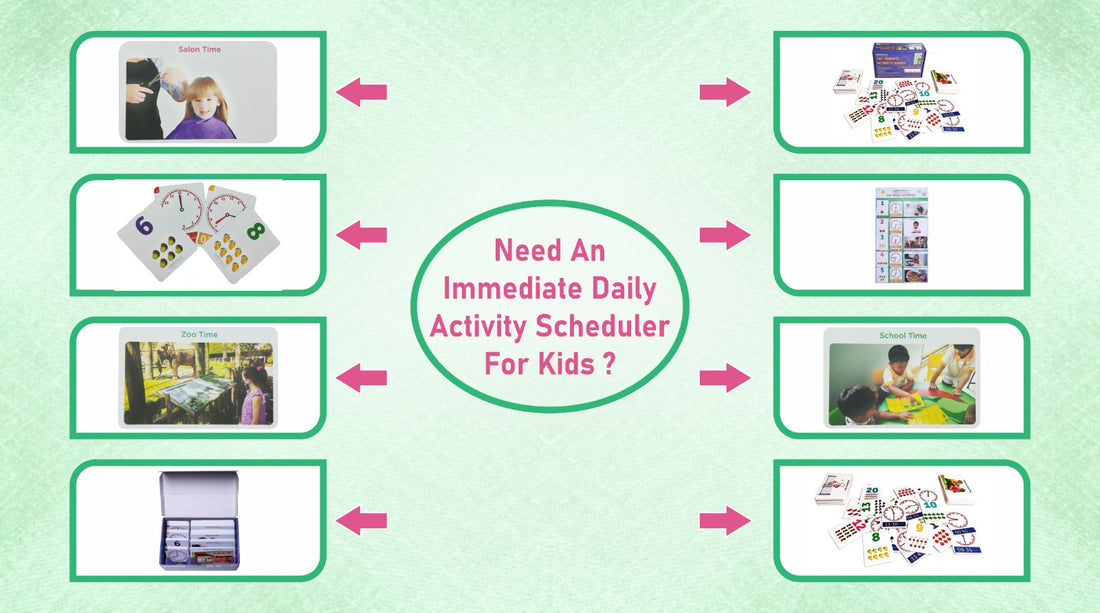All children, regardless of age, benefit from routine, even in everyday situations. Kids benefit from a regular plan because education learning tools provides structure, makes them feel rooted, and imparts crucial time management skills. Many parents, like ourselves, have been left wondering how to effectively occupy the time for children who have been disrupted from their regular school-year routine in the face of extraordinary stay-at-home orders and school cancellations.
Even a flexible timetable like the one SpeechGears MY TAB(today's activity board) we used as an example might help you and your kids feel predictable and normal. It's important to create your new family routine as soon as you can since none of us can predict with confidence.
Of course, every family has a unique scenario, so you could adjust it according to your own preference:
5 Tips for Helping Kids in Your Family Get Used to a Daily Schedule
1. Continue with current routines
You'll have better success with your new schedule if it at least has some continuity with your regular schedule since kids benefit from regularity. Try to maintain the routine your children are accustomed to for the essential things, such as wake-up time, mealtimes, and bedtime.
2. Set a List for "must-do" Tasks
We still have tasks to accomplish despite the world around us changing quickly. So list these chores in writing and prioritise them! Try to organise independent play sometimes.
3. Make Your Children's Daily Schedule Specific
Our children's education learning tools is divided into two main columns: activities and examples. This is intended to provide you with a tone of freedom; you can even use the same broad plan for kids of various ages, putting in various example activities for each child.
4. Discuss the Daily Schedule with Your Children
When your kids are on board, things run more smoothly. Instead of making a timetable and expecting your children to follow it, discuss it with them. To learn how your children adjust and feel, explain why it's essential, get their opinions, and keep checking in.
5. Display the Calendar
Place your Educational Tools For Special Needs Children day learning board in a place where your kids can readily see it, and that is kid-friendly, such as a large, stickered-out board in the kitchen or a colorful chart in the living room.


